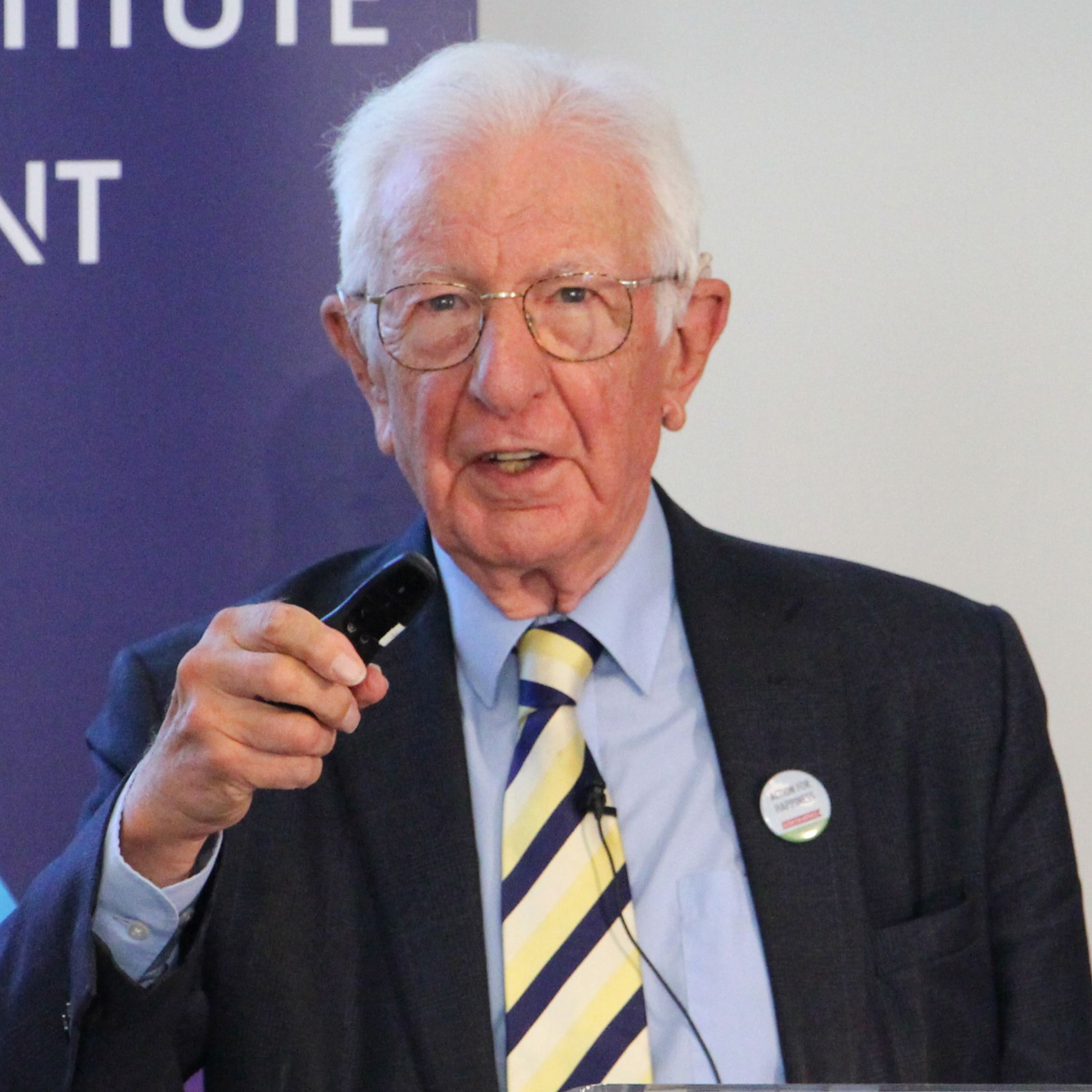How can public spending do better at improving wellbeing?

Spending reviews, which decide how at least half a trillion pounds of annual public spending should be allocated across different public services, are one of the most consequential processes in government. The new government has announced a new review, to conclude in Spring 2025, that will determine departmental budgets for much of the current parliament. But how should ministers choose how to prioritise for spending? Should more money be spent on roads, skills, or police? What is the best way to judge the costs and benefits of each decision? \n\nA new report from the London School of Economics, Value for Money calls for a radical change in policy making. It argues that policies should be judged using a cost-benefit analysis which includes a comprehensive valuation of their effects on wellbeing. The report argues that, judged this way, therapies for mental health and guaranteed apprenticeships give much better value for money than most new roads. \n\nTo discuss this topic, we were joined by a panel, including:\n\nProfessor Lord Richard Layard, Co-Director of the Community Wellbeing Programme at the Centre for Economic Performance, London School of Economics and co-author of Value for Money\nLord Gus O\u2019Donnell, former Cabinet Secretary\nAmanda Rowlatt, former Chief Economist at the Department for Transport, Department for Business, Innovation and Skills, and Department for Work and Pensions\nConrad Smewing, Director General of Public Spending in His Majesty's Treasury and Joint-Head of the Government Finance Function\n\nThe panel was chaired by Gemma Tetlow, Chief Economist at the Institute for Government.